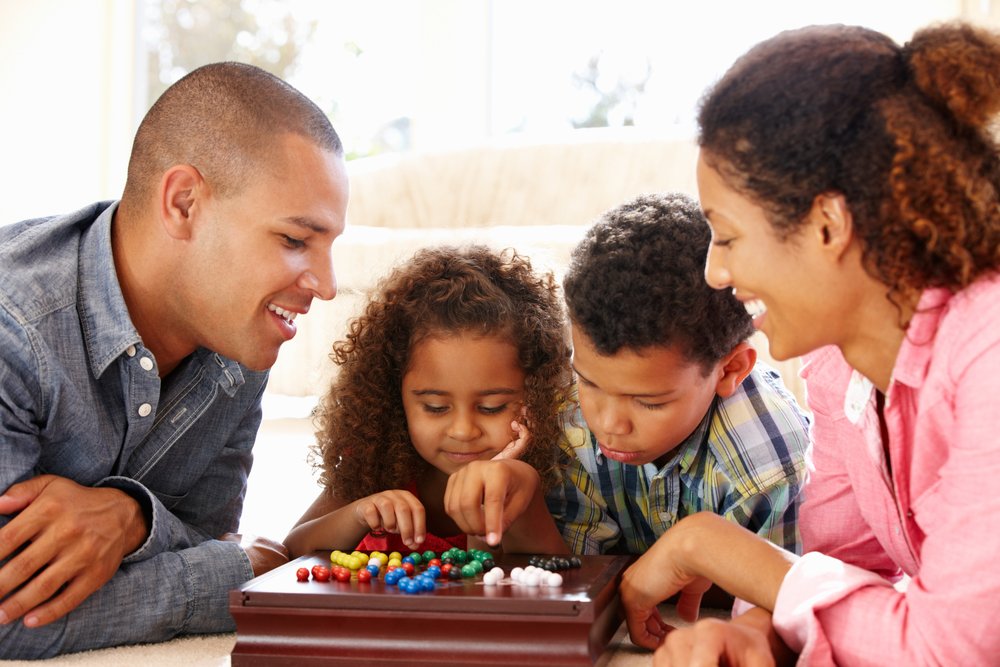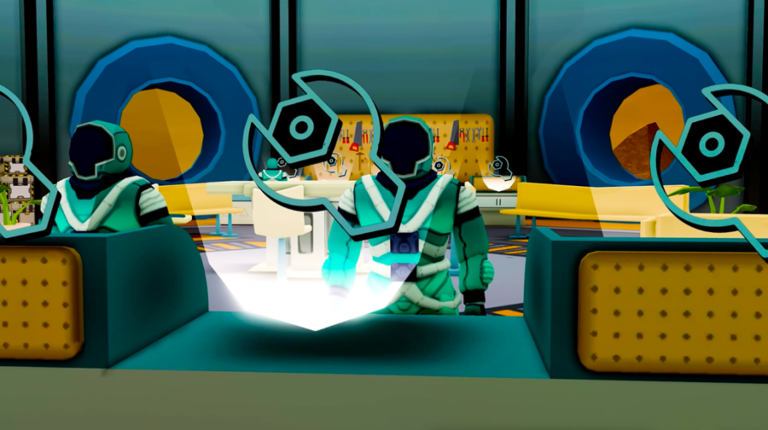Have you heard of gameschooling?
It’s not new, but it’s been gaining in popularity over the last several years. And it’s exactly what it sounds like — learning with games. We all want our kids to enjoy learning. But not many kids enjoy lectures and busy work. Gameschooling is an easy way to bring more fun to your day.
And with the right games, you don’t have to figure out how to make them “educational”, the learning is built right in.
If you’re looking to add more productive play to your child’s day, incorporate some of our favorite gameschooling resources into their learning mix. These fun family moments aren’t just great for learning, but can also build strong family bonds.
Ready? Let’s play!
Lorem ipsum dolor sit amet, consectetur adipiscing elit. Ut elit tellus, luctus nec ullamcorper mattis, pulvinar dapibus leo.
The 7 Best Gameschooling Resources (whether or not you homeschool)
There are already many articles sharing gameschooling resources, mostly focusing on board and card games. And while we’re certainly going to mention those (see #2 below), there’s so much more to gameschooling than Monopoly!
Explore all of our favorite resources below (including some tech-friendly options) and find the perfect gameschooling fit for your family.
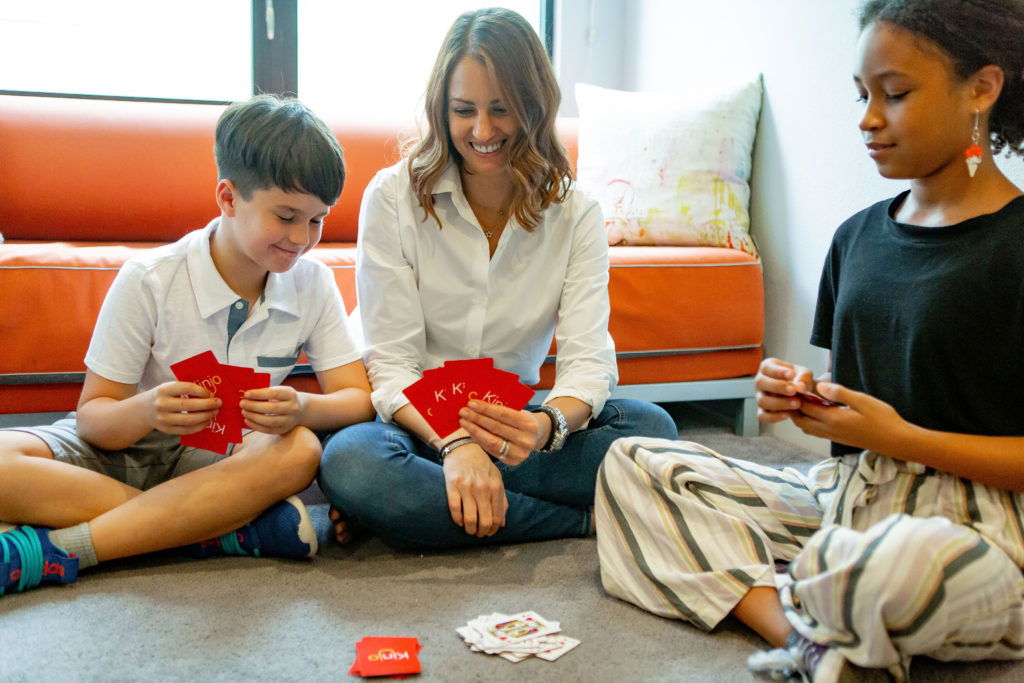
1. Kinjo
If your child spends any amount of time playing Roblox, you need Kinjo.
This innovative app helps direct your child to the best games on Roblox. But these aren’t “educational” games that no one wants to play. They’re kid-favorite games that are both challenging and fun.
And thanks to that challenging gameplay, your child can learn important life and academic skills. Which is exactly the kind of outcome you’re looking for from Gameschooling.
Bonus — the Kinjo app is free for kids! But if you want to boost the learning and all the deets on their gameplay, you can sign up for Kinjo Plus for 6x the learning and the inside scoop. Discover their favorite games, and what they’re learning from them. And feel good about their screen time.
If you’re a tech-friendly family, Kinjo is a must-have. [EXPLORE KINJO TODAY!]
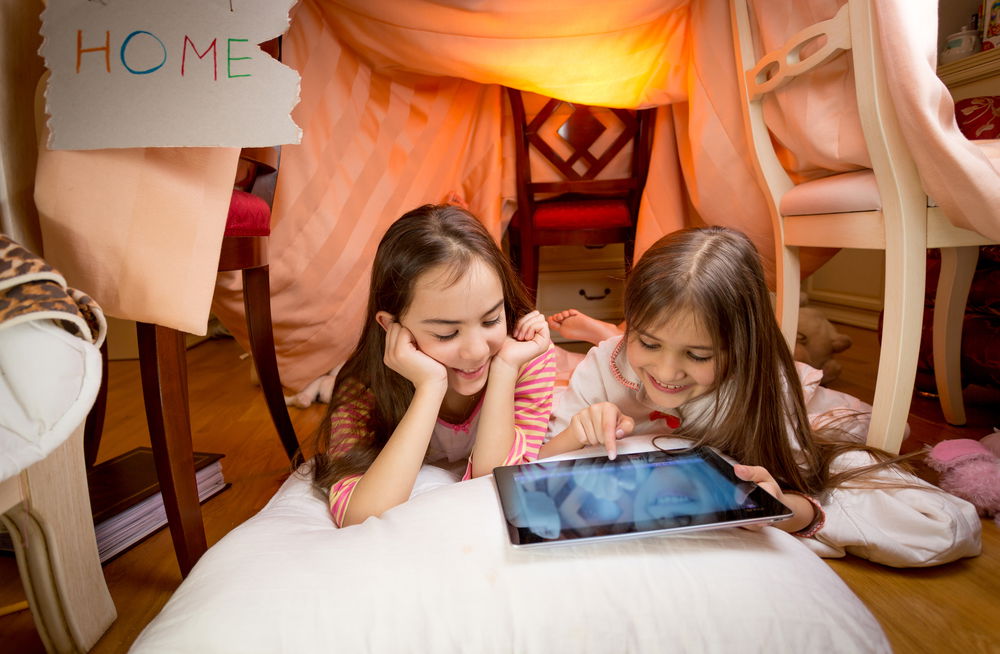
2. Board Games
Board games are the classic gameschooling resource, and for good reason. There’s a huge variety to choose from, which means there’s also a ton of learning to be had.
- Want to practice reading comprehension and encourage creativity? Try Apples to Apples.
- Looking for early math practice that won’t be a bore? Check out Adsumudi.
- Does your family love a competitive card game (and need some critical thinking practice)? Take a deep, calming breath and break out Phase 10.
Whether you choose competitive or cooperative, play with preschoolers or teens, or need homeschool help vs just a rainy day diversion, there’s a board game or card game perfect for your family.
Stock your shelf with your favorites and let the games begin!
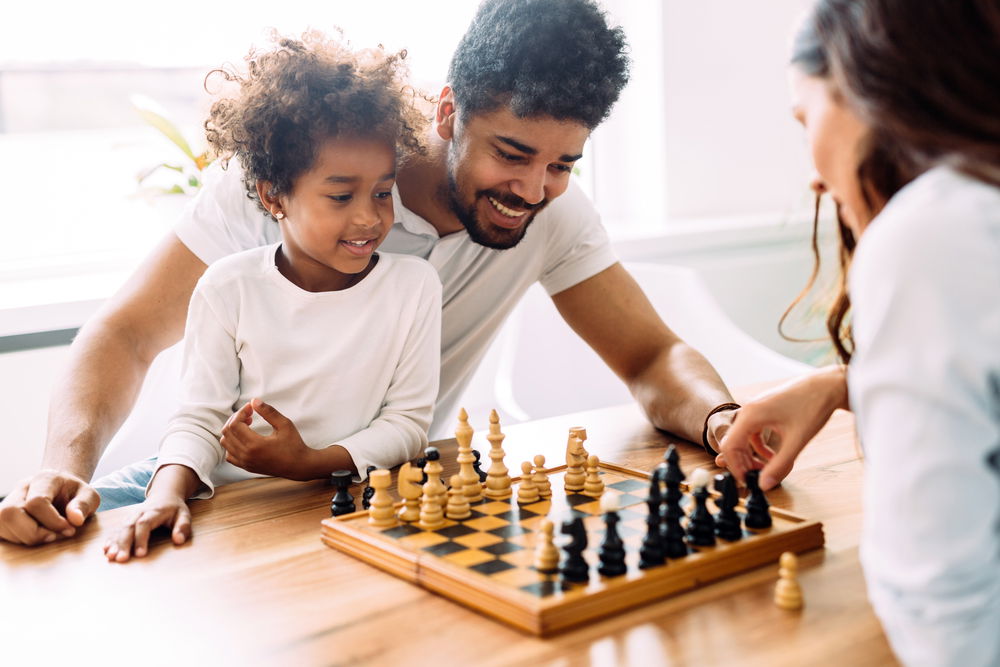
3. Outside Fun
Gameschooling often feels like an indoor activity. But if the sun’s shining, take your games outside.
Outdoor games and sports are a great way to bring gameschooling home! Incorporate some classics, like hide and seek, scavenger hunts, or capture the flag. Or try something new, like geocaching, to keep learning fun and active.
And don’t forget about your community and school sports teams. While your child plays, they’re also practicing important life skills like perseverance and teamwork.
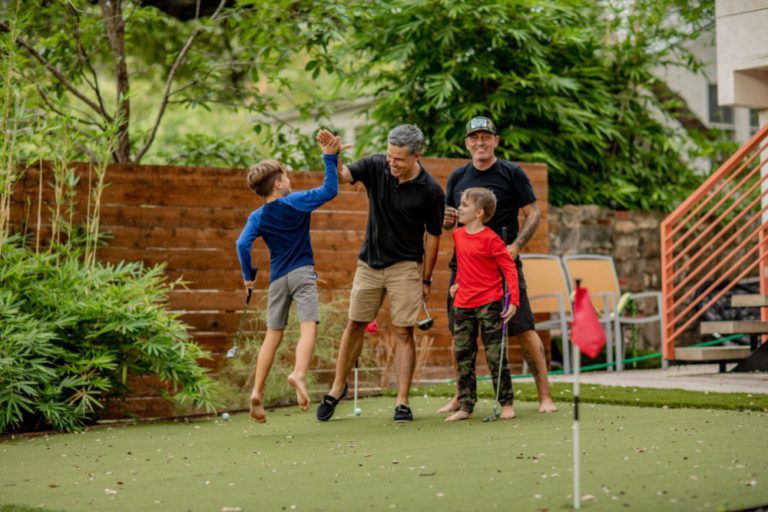
4. Video Games
If your child could spend hours playing video games, don’t stress. Video games are actually full of learning opportunities!
Whether your big kid is exploring history in an Assassin’s Creed game, or virtually chasing players in Roblox’s Slap Battles, they’re practicing important life skills. Yep, even Roblox horror games are helping your child learn.
Explore our blog to find a wide selection of video games that will challenge your child as they play. From Minecraft to Roblox, mobile apps to gaming consoles, there’s a video game style (and a ton of learning) for everyone!
5. Tabletop RPGs
Dungeons and Dragons has experienced a resurgence thanks to Stranger Things. And you and your family can enjoy all the benefits of D&D, and a wide variety of other tabletop games, together.
There’s a lot happening in this style of game. You have to create your character, assigning abilities and a backstory to your new persona. Then you venture out as a party, tackling quests and leveling up.
Tabletop RPGs involve loads of skills practice:
- Strategic planning
- Critical thinking
- Creative writing
- Teamwork
- Basic math
- Leadership skills
And so much more.
And if you’re not into fantasy, magic, and dragons, that’s okay. There are all kinds of tabletop RPG options. Try a murder mystery-style game or one based in the Wild West for a completely new experience with the same learning boosts.
6. Puzzles
While not exactly a game, puzzles are a great addition to your gameschooling time. They’re challenging, have a clear goal, and are a lot of fun to work on together as a family.
If you’re looking to boost your kiddo’s spatial reasoning and problem-solving skills, you can’t go wrong with a classic puzzle.

7. Pretend Play
Pretend play is another not-so-obvious way to experience gameschooling. But most of the time it perfectly fits the requirements (more on that below).
When kids engage in pretend play, it’s not just a free-for-all, anything-goes situation. Kids will lay out a set of rules or there’s an unspoken structure that everyone knows to follow. It’s real-time, improvised storytelling. And it’s great for learning.
Do you have a hard time seeing the learning in pretend play? Check out the TV show Bluey! There are loads of episodes where you can see pretend play in action (like “Shadowlands” or “Shops”). And all of that play has a big impact on learning — from practicing how to navigate various social situations to problem-solving and, of course, creativity.
Gameschooling Adds Fun and Structure to Play-Based Learning
If you love the idea of play-based learning, but are struggling to implement it (especially with your older kiddos), the gameschooling resources above are a great solution!
When you have your mind open to the learning found in board, video, card, and tabletop games, you can relax and just have fun. All the while knowing your child is practicing important life skills.
Just remember to keep it fun! If things get too overtly educational, you run the risk of moving away from play. Keep learning from becoming a chore by making sure your gameschooling choices display the 5 characteristics of play.
How Gameschooling Embodies the 5 Characteristics of Play
- Joyful
This is easy enough to understand. If your family is having fun, then you’ve got this characteristic dialed in. Find the joy and the learning will follow. - Actively Engaging
When activities become too passive, your kiddos will quickly lose interest. This doesn’t mean they need to be always up and moving around. Only that the activities should match and hold their interest. - Iterative
Games are meant to be played more than once. The first time through, everyone is just learning the rules or mechanics. But the more you play, the better you get. And there should always be room for improvement If it’s a one-and-done activity, it’s not really a game. - Meaningful
Games are never played “just because”. When you play a game, you play to win. There’s a clear objective to achieve. Whether it’s cooperative or competitive, a card game or story-based, make sure the end goal is clearly defined. - Socially Interactive
This is the best bit for us parents. Game time can make for great family time! Online or in-person, gaming is a great way to spend time together, sharing some laughs and strengthening your bond.
Level Up Your Child’s Screen-Based Gaming with Kinjo!
If your child loves gaming on Roblox, but you’re struggling to see how it’s more than just a giant waste of time, you need Kinjo!
Not only does Kinjo help your child make better gaming choices, but it also helps you see the upsides of their gaming. And together, that’s a powerful combination.
Download the Kinjo app on your child’s device to direct them towards more challenging games — the ones that are full of learning. Then sign up for Kinjo Plus to receive detailed insights on their gameplay.
Kinjo helps create quality gaming experiences. And that means less screentime battles and more peace of mind.
Interested in taking their gaming from just a waste of time to meaningful learning experiences?

